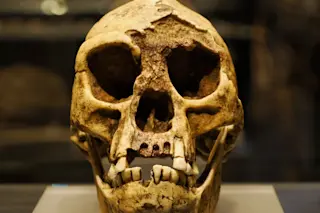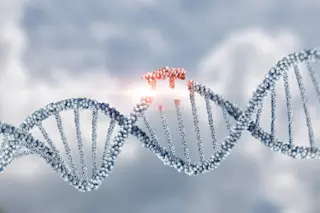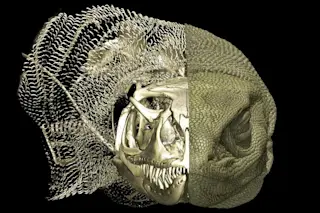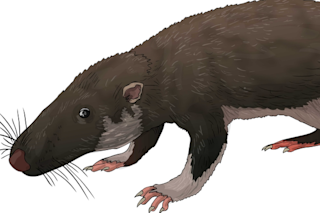There is the fact of evolution. And then there is the long-standing debate of how it proceeds. The former is a settled question with little intellectual juice left. The latter is the focus of evolutionary genetics, and evolutionary biology more broadly. The debate is an old one, and goes as far back as the 19th century, where you had arch-selectionists such as Alfred Russel Wallace (see A Reason For Everything) square off against pretty much the whole of the scholarly world (e.g., Thomas Henry Huxely, "Darwin's Bulldog," was less than convinced of the power of natural selection as the driving force of evolutionary change). This old disagreement planted the seeds for much more vociferous disputations in the wake of the fusion of evolutionary biology and genetics in the early 20th century. They range from the Wright-Fisher controversies of the early years of evolutionary genetics, to the neutralist vs. selectionist debate ...
Peeling back the palimpsest, and finding selection again
Discover how positive selection in human evolution shapes our genome, revealing patterns in gene adaptation and variation.
More on Discover
Stay Curious
SubscribeTo The Magazine
Save up to 40% off the cover price when you subscribe to Discover magazine.
Subscribe













